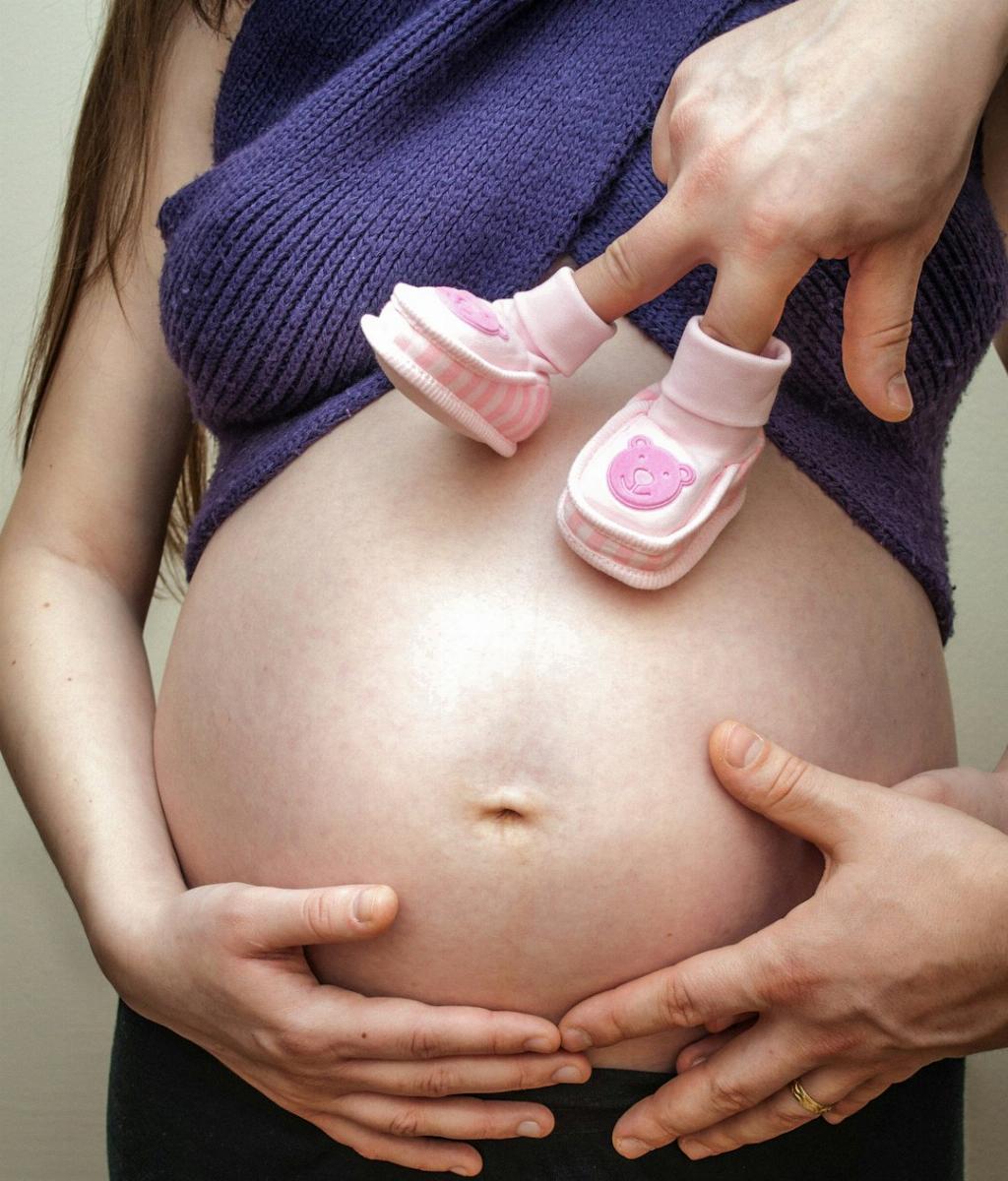Being 31 weeks pregnant is an incredible milestone during your journey to motherhood. At this stage, you may be experiencing a mix of emotions, both physically and mentally. It’s completely normal to feel tired and weak at this point in your pregnancy. Your body is working hard to support the growth and development of your baby, which can take a toll on your energy levels.
One common symptom at 31 weeks pregnant is fatigue. Your body is going through numerous changes to accommodate your growing baby, and this can leave you feeling drained. It’s crucial to listen to your body and rest when needed. Taking short naps throughout the day can help combat fatigue and give you the energy boost you need to get through your daily activities.
Another prevalent feeling at 31 weeks pregnant is an increased difficulty in getting a good night’s sleep. As your baby continues to grow, finding a comfortable sleeping position can be challenging. You may also experience frequent trips to the bathroom during the night, disrupting your sleep. Establishing a bedtime routine and creating a comfortable sleep environment can help improve the quality of your sleep.
Many women at 31 weeks pregnant also report feeling a range of emotions, including excitement and anxiety. The anticipation of meeting your baby can bring about feelings of joy and eagerness, while the approaching labor and birth may trigger feelings of apprehension and nervousness. It’s essential to acknowledge and address these emotions, whether by talking to your partner, friends, or a healthcare provider.
At 31 weeks pregnant, you may begin to notice an increase in back pain and discomfort. The weight of your growing belly can put additional strain on your back, leading to aches and pains. Practicing good posture, using supportive pillows, and engaging in gentle exercises like prenatal yoga can help alleviate back discomfort and improve your overall comfort.
It’s common to experience Braxton Hicks contractions at 31 weeks pregnant. These practice contractions are your body’s way of preparing for labor. While these contractions are typically mild and irregular, they may become more frequent and intense as you progress further in your pregnancy. Staying hydrated, changing positions, and practicing relaxation techniques can help ease Braxton Hicks contractions.
Many women at 31 weeks pregnant may also notice an increase in heartburn and indigestion. The pressure from your growing uterus can push stomach acids upward, leading to uncomfortable symptoms. Eating smaller meals, avoiding trigger foods, and staying upright after eating can help reduce heartburn and indigestion.
It’s important to stay hydrated at 31 weeks pregnant to support your body’s changing needs. Drinking an adequate amount of water can help prevent dehydration, maintain amniotic fluid levels, and support overall health. Aim to drink at least eight glasses of water a day, and consider incorporating hydrating foods like fruits and vegetables into your diet.
As you approach the third trimester, you may begin to experience swelling in your hands, feet, and face. This swelling, known as edema, is a common pregnancy symptom caused by increased fluid retention and decreased circulation. Elevating your legs, wearing comfortable shoes, and avoiding standing for long periods can help reduce swelling and discomfort.
At 31 weeks pregnant, you may find that your baby’s movements have become more frequent and noticeable. Your baby is growing stronger and more active, which can lead to more pronounced kicks, rolls, and stretches. Pay attention to your baby’s movements, and if you notice a decrease in activity, contact your healthcare provider for reassurance.
It’s crucial to prioritize self-care at 31 weeks pregnant to ensure your well-being and the health of your baby. Take time to rest, eat nourishing foods, stay active within your comfort level, and attend prenatal appointments regularly. Listening to your body and seeking support when needed can help you navigate the ups and downs of pregnancy with confidence.
In conclusion, being 31 weeks pregnant is a time of significant change and growth, both physically and emotionally. It’s normal to experience a range of feelings, symptoms, and sensations during this stage of pregnancy. By listening to your body, practicing self-care, and seeking support when needed, you can embrace this transformative journey with strength and resilience.

